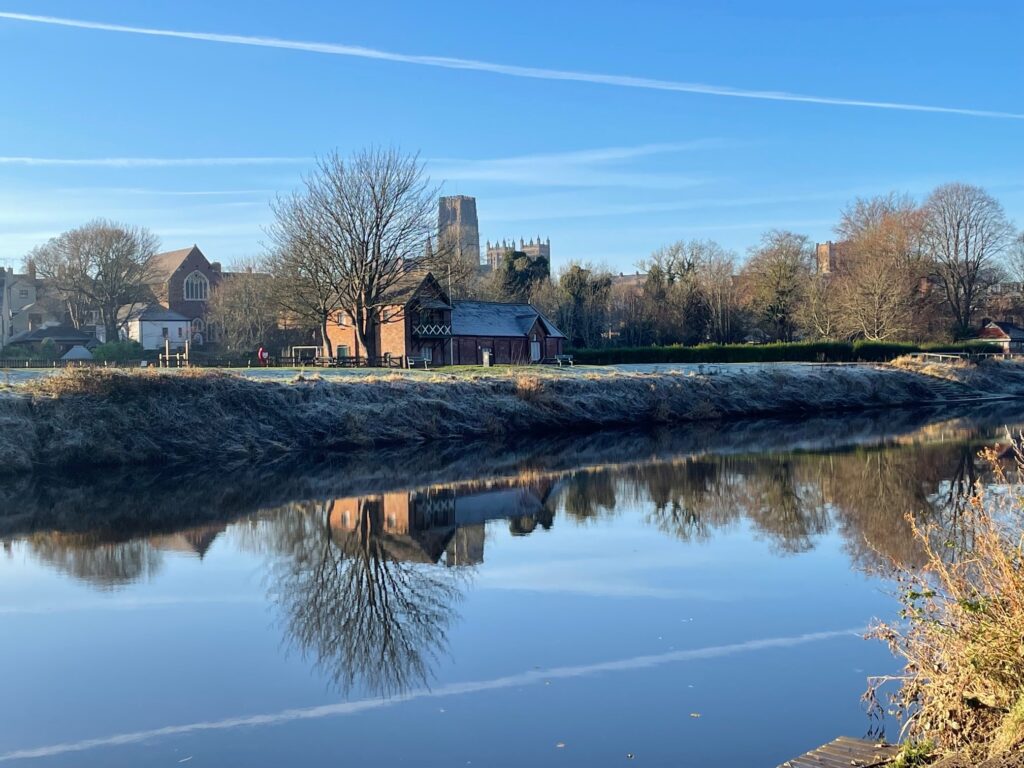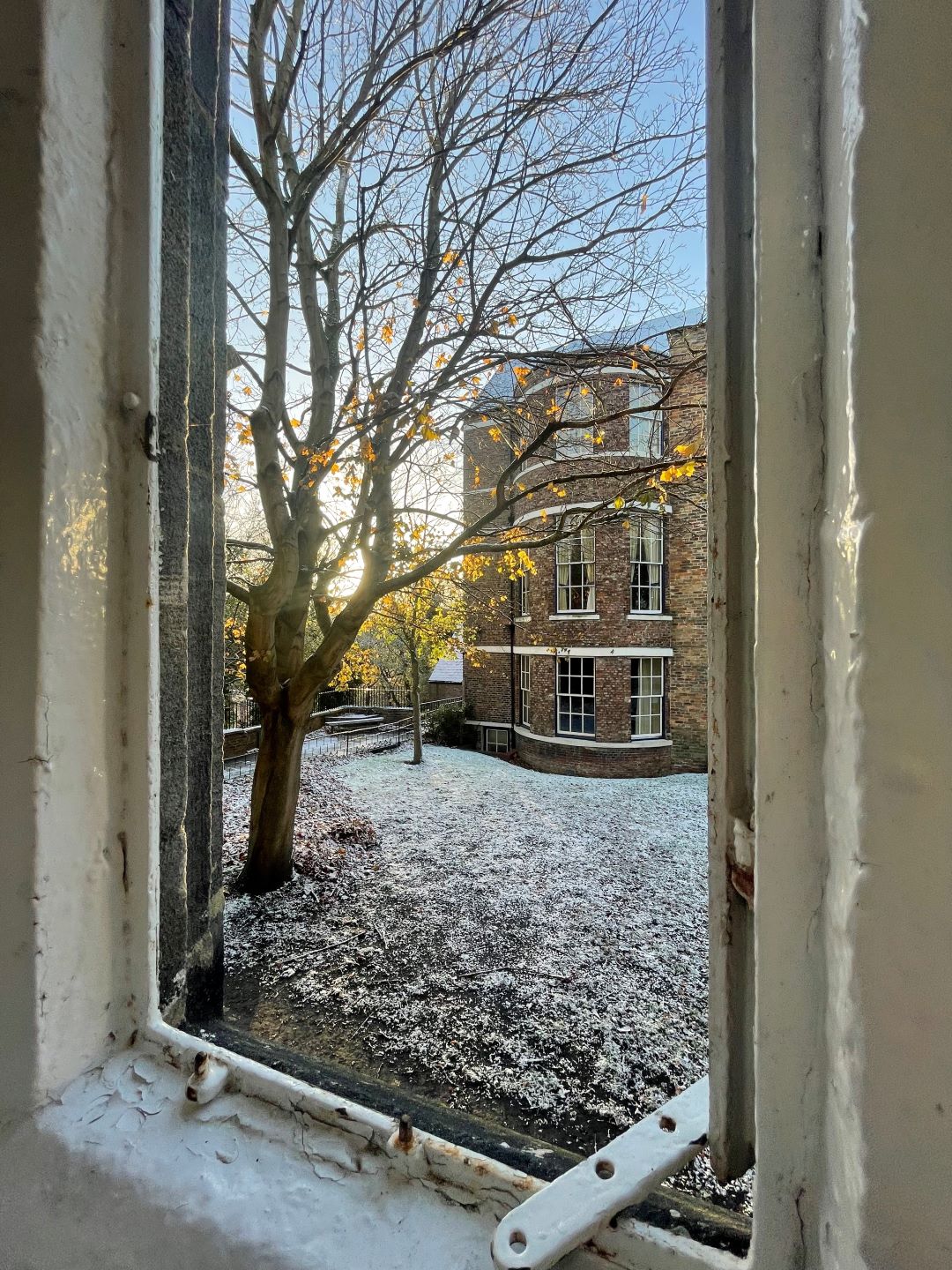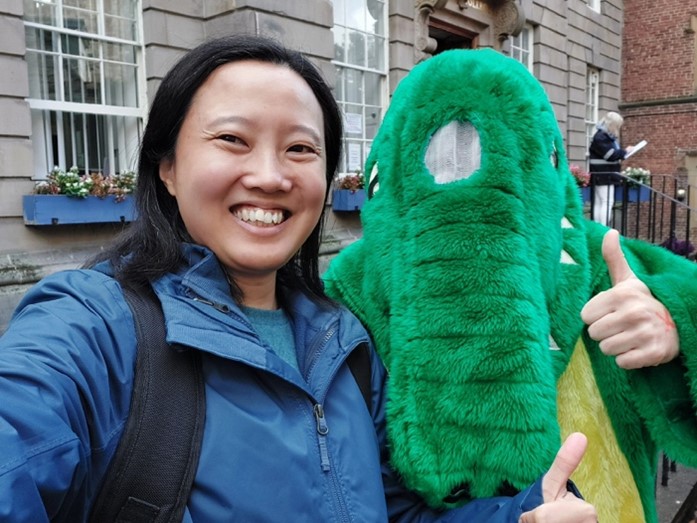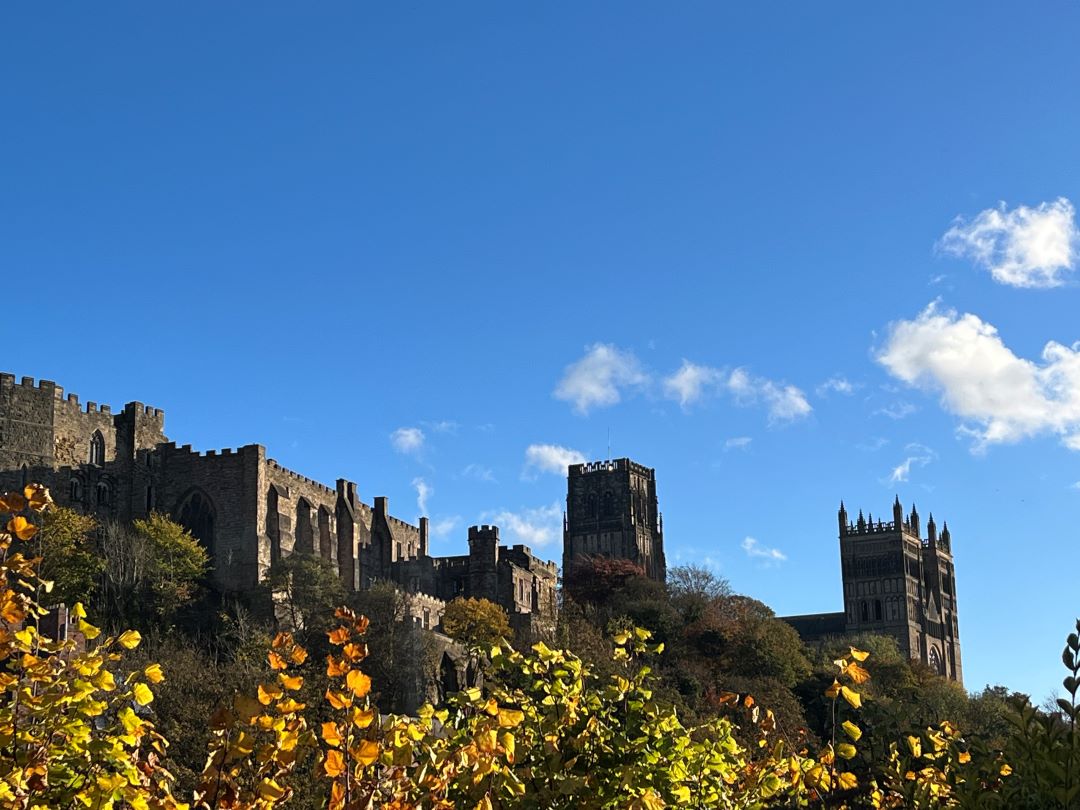It was an easy decision to choose to study Classical Civilisation as it was what I enjoyed studying the most at school. Also, it introduces you to several aspects of classical antiquity, since it involves studying the complex philosophical beliefs, political and cultural environment of the society of Greece and Rome.
Why I chose Durham
I specifically chose Durham to study it because of the flexibility of the degree and the diverse range of modules you can choose to be assessed in. Additionally, Durham was an obvious choice for me because studying an ancient language is not a requirement of the degree but can still be chosen as an optional module. This made me feel more comfortable about choosing to learn Latin in the first year of my degree, and it has proved to be an enjoyable challenge. Every week, I have four language classes, and the work we do in class is supported by textbook exercises and weekly formatives which help to consolidate the week’s learning.
Moreover, Durham is a small yet beautiful city, and the university’s collegiate system promotes a sense of community which makes it very easy to settle into life at university, no matter how far you are from home. The cover photo at the top of this article shows one of the beautiful views from St Mary’s college.
A typical week
On average, in a typical week, I have nine contact hours. This means I have plenty of time to prepare for seminars, do wider reading and start working towards deadlines throughout the week. Tuesday is typically my busier day and usually involves a lecture beginning at 12pm before I head to a café with a friend for lunch. Afterwards I go to Elvet Riverside, where most of my classes are held, and here I attend a language class before concluding the day with another lecture. I often also have a seminar from 5-6pm on a Tuesday before going back to college for dinner.

Student Support in Classics and Ancient History
The Classics and Ancient History department offers various levels of support. At the start of the first term, everyone meets their Academic Mentor and Departmental Level Tutor, who are happy to offer guidance and support for your studies throughout the year to help you succeed. Additionally, your module convenors advertise office hours when you are able to see them to ask questions about formative or summative work, for instance.
I am a member of Durham University’s Classics Society which frequently hosts popular fun events such as the Saturnalia Ball and recently a pub quiz which I enjoyed attending. It is a friendly and welcoming society that enables you to meet other people on your course, and I would definitely recommend joining the society if you choose to study Classics and Ancient History at Durham.
Discover more
One of the largest in the UK, the Classics and Ancient History Department ranks 13th in the 2022 QS World University Rankings by subject and with score of 85 for employer reputation graduates have gone on to careers in computing, civil service, gold dealing, insurance, journalism, law, accountancy, public relations, and the theatre.
We’re confident that our work brings the relevance and importance of Classics to a wider audience and our engagement with partners outside academia demonstrates the continued impact of Classics on people’s lives today.
Feeling inspired? Visit our Classics and Ancient History webpages for more information on our undergraduate and postgraduate programmes.
Create your own personalised prospectus here
Follow our students on Instagram, TikTok and YouTube








